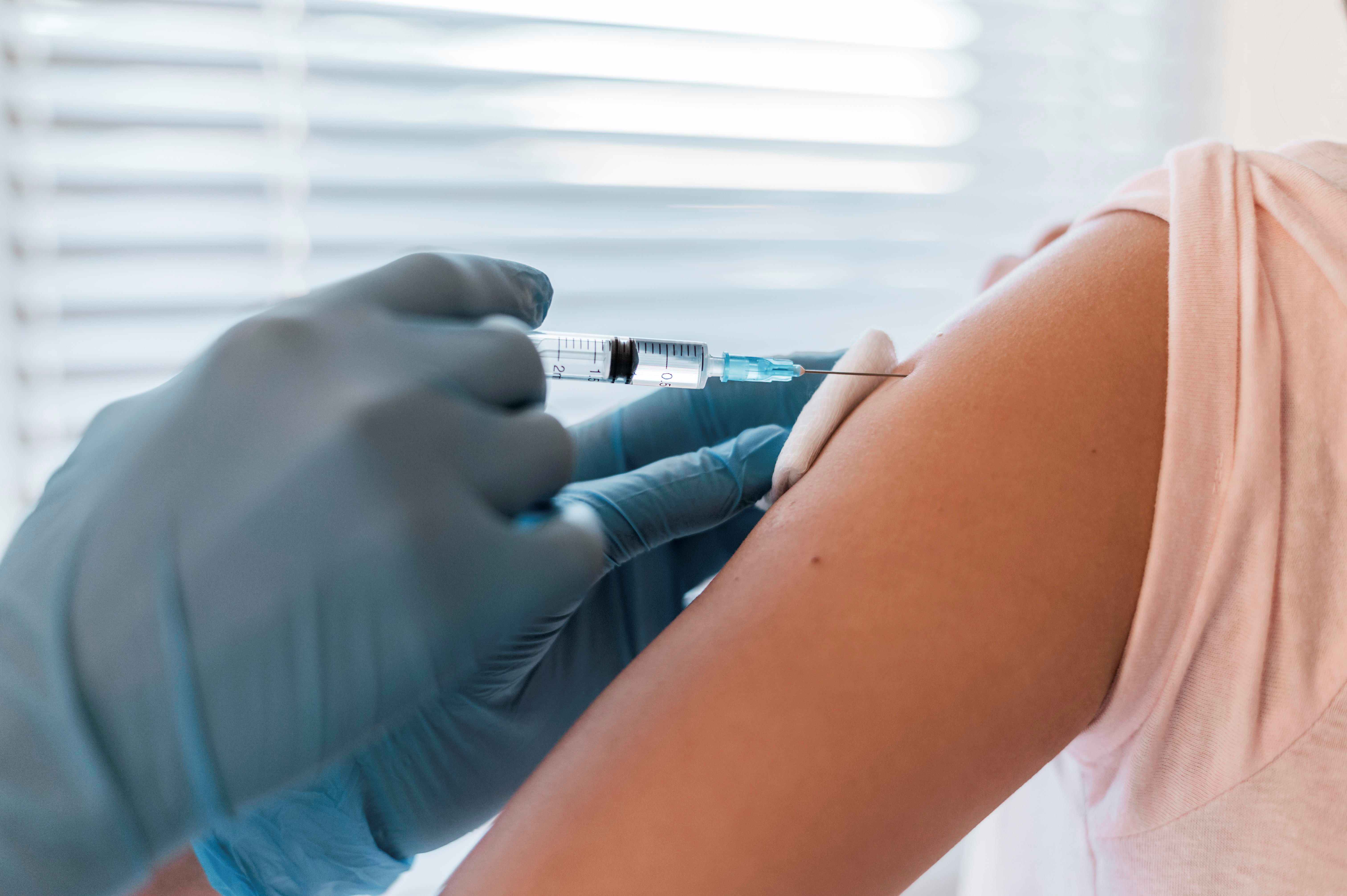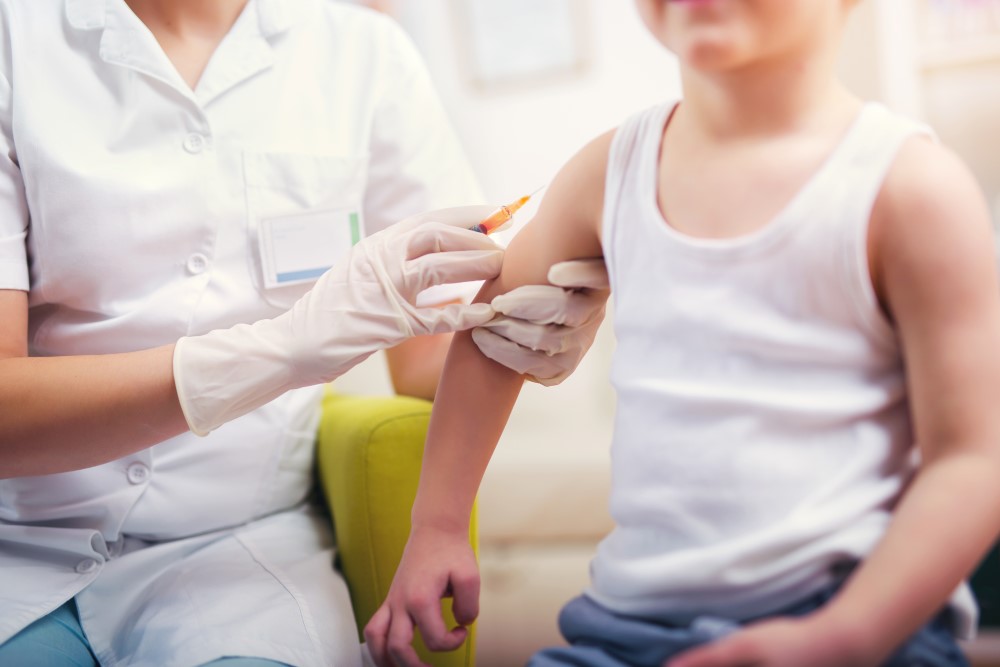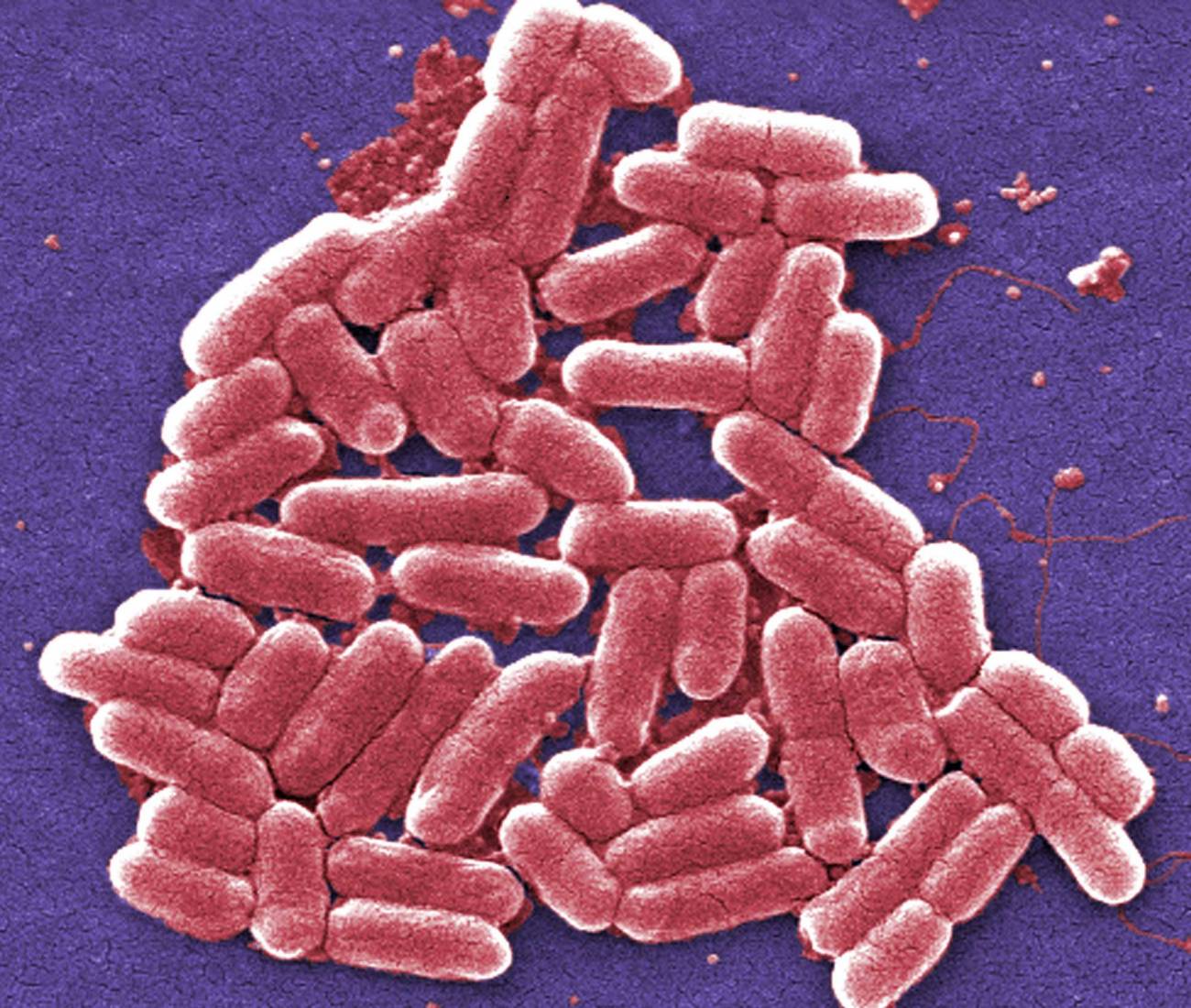Why telecommunications were so vulnerable during the blackout
Power shortages left millions of people in the Iberian peninsula and parts of southern France without electricity on Monday. The situation was exacerbated by the failure of telecommunications, which were vulnerable to the power failure.









